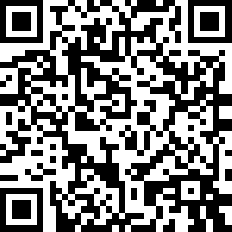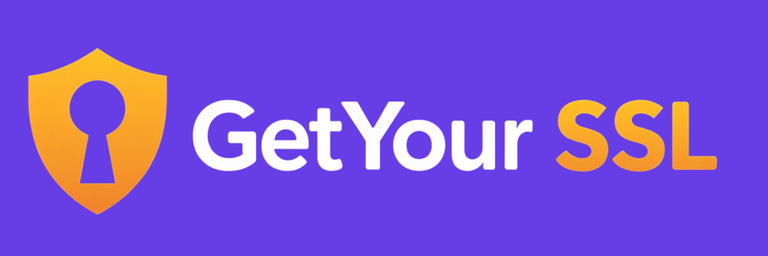Securely Sign Your Documents with a Document Signing Certificate
Use Document Signing Certificates to safely sign PDFs, Word files to prove that the content hasn’t been altered and earn the trust of your clients.
GetYourSSL
9/15/20254 min read


Wondering how to securely sign documents like PDFs or Word files? A Document Signing Certificate ensures your files remain tamper-proof, trusted, and legally valid—whether you’re running a business or handling sensitive data. In this comprehensive guide, we’ll break down what document signing certificates are, how they work, and how to use them across different file types with step-by-step instructions.
The Logic Behind Digital Signatures with Document Signing Certificates
A Document Signing Certificate verifies who signed the document and ensures that the content has not been altered after signing. Here's how the process works:
📄 A hash (summary) is created from the document.
🔐 That hash is encrypted using the signer’s private key.
📝 The digital signature and certificate details are added to the document.
🔏 The recipient verifies the signature using the signer’s public key.
Thanks to this mechanism, documents are protected both technically and legally.


How to Sign PDF Documents with a Document Signing Certificate
PDF is one of the most common formats where digital signatures are used—from contracts to official reports.
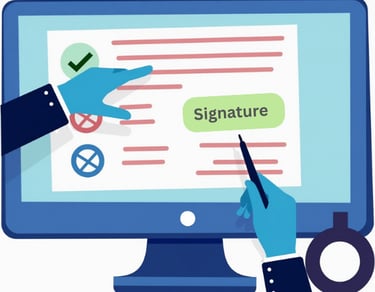

Steps to digitally sign a PDF:
✏️ Open the PDF file you want to sign.
✏️ Use software that supports digital signatures (e.g., Adobe Acrobat Reader).
✏️ Choose the "Sign Digitally" option and select your certificate.
✏️ The signature is embedded into the document—optionally, a visible signature field can be added.
✏️ Save and share the signed PDF.
✅ Verification:
When the PDF is opened, the software automatically verifies the signature. If the certificate is valid and the file hasn’t been modified, it shows as “valid”.
How to Sign Word Documents with a Document Signing Certificate
Word documents are widely used in business settings. Microsoft Office supports secure signing using signing certificates.
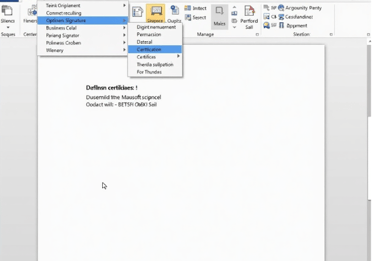

Steps to sign a Word document:
✍️ Finalize the content of the document.
✍️ Go to File > Info > Protect Document > Sign Digitally.
✍️ Select the certificate and apply the signature.
✍️ Once signed, any further edits will invalidate the signature.
✅ Verification:
When opened, the signed Word document will show the validity of the signature and the signer’s identity.
Signing Excel, PowerPoint, and Other Office Documents
The same process applies to Excel and PowerPoint files:
Excel: Used to sign financial statements or reports.
PowerPoint: Increases the credibility of official presentations.
After finalizing the document, add a digital signature via the Office interface and verify as with Word.
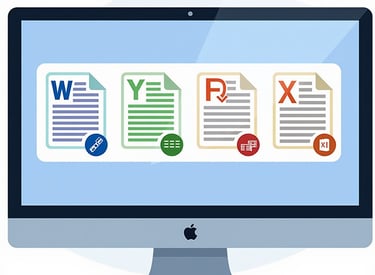

Signing XML and Other Specialized Formats
Document Signing Certificates aren’t limited to Office documents—they’re also used in various industries for specialized formats:
🗂 XML: Used for e-invoices, e-archives, and official forms—typically with XAdES standard.
📦 CMS/PKCS#7 (CAdES): Used in packaged files or specific business processes.
📚 Archival formats: Supports long-term storage (LTV - Long Term Validation) for future-proof compliance.
These formats ensure secure sharing across different systems.
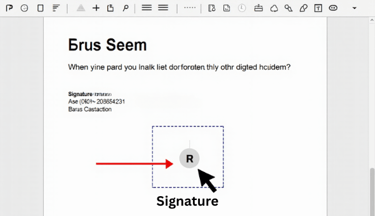

Timestamping for Long-Term Validity
One of the key elements enhancing digital signature security is the timestamp.
✅ Confirms the exact date and time the document was signed, verified by an independent authority.
✅ Proves that the signature was valid even if the certificate later expires.
✅ Essential for documents that require long-term archiving.
Timestamped files remain verifiable even years later.
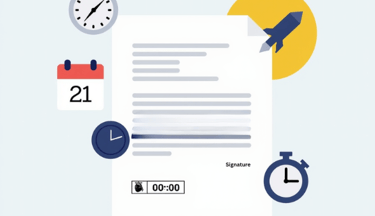

Best Practices for Using Document Signing Certificates
To make the most of your certificate:
⚠️ Always finalize the document before signing—post-sign edits will break validity.
⚠️ Ensure the full certificate chain is properly installed.
⚠️ Use strong cryptographic algorithms (e.g., SHA-256, RSA 2048-bit).
⚠️ Use timestamping when possible.
⚠️ Store your private keys securely—never share them.
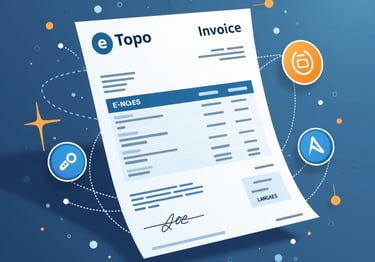

Business Benefits of Document Signing Certificates
Using signing certificates brings major advantages for companies:
🛡 Legal Compliance: Recognized as legally binding in many countries, like a handwritten signature.
🚀 Operational Efficiency: Documents can be signed and shared instantly.
👥 Customer Trust: Signed documents show professionalism and reliability.
🌍 Global Compatibility: Supports multiple formats like PDF, Word, XML, and meets international standards.


🔚 Final Thoughts
Document Signing Certificates are powerful tools for ensuring the security and legal validity of your digital documents. With support for formats like PDF, Word, Excel, PowerPoint, and XML, they offer a broad range of applications for both individuals and organizations.
When implemented correctly, digital signatures not only protect content—they streamline processes, enhance trust, and ensure compliance.
In short, document signing certificates let you use your documents with confidence in the digital world—and serve as a strong proof in any official or legal process.


Secure
Your guide to choosing the right SSL certificate.
Trust
Support
info@getyourssl.com
© 2025. All rights reserved.
